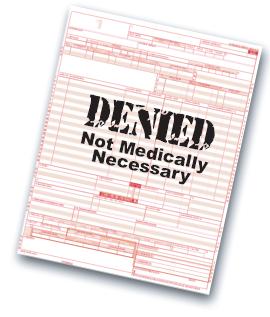 By: Bradley M. Seldin, Co-counsel Guest Contributor
By: Bradley M. Seldin, Co-counsel Guest Contributor
Prohibitions against balance billing Health Maintenance Organization (HMO) patients have been around for more than a decade, but many non-contracted providers to HMO patients still don’t fully understand their rights to payment when it comes to collecting monies from patients and HMO’s.
HMO’s often have predetermined rates they pay to non-contracted healthcare providers; sometimes they are artificially low, do not reflect what is written in the member’s contract, or do not abide by what is required by applicable law. As a result, these providers may end up being underpaid if they don’t have a written contract with the payor and they do not understand the payment methodology being applied to them. This is of particular significance to emergency care providers. ER doctors and hospitals must, by law, provide emergency care without regard to whether the patient has an ability to pay for the treatment received.
Following their provision of emergency care, medical providers often question the payment obligations under the patient’s Health Maintenance Organization contract. If the emergency medical provider has a direct written contract, the reimbursement is governed by that participating provider contract’s reimbursement terms.


 By:
By:  By:
By:  By:
By: 


